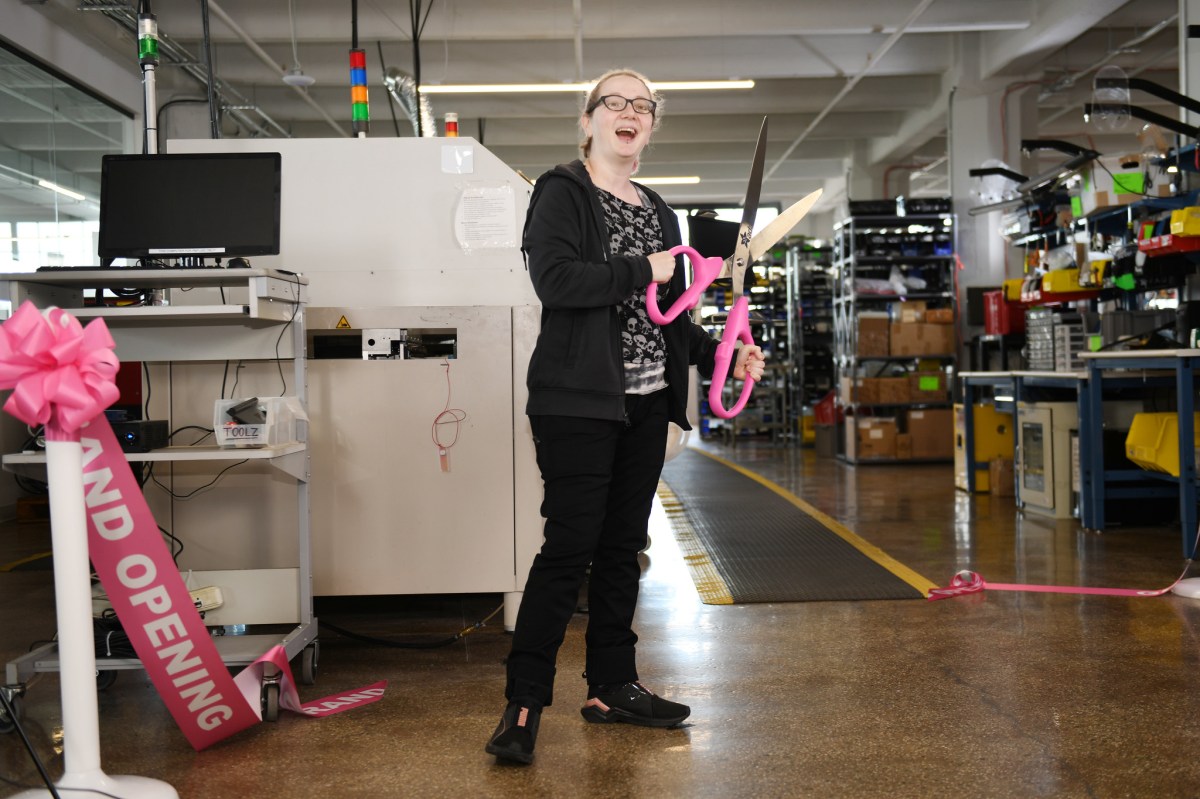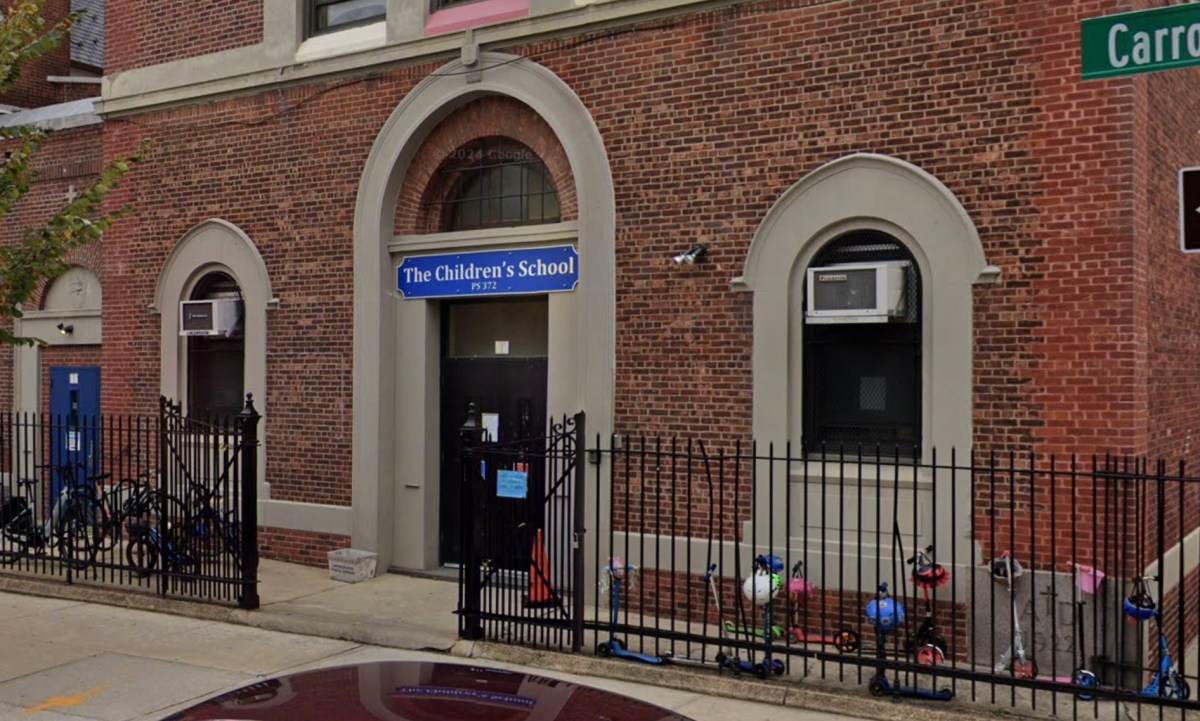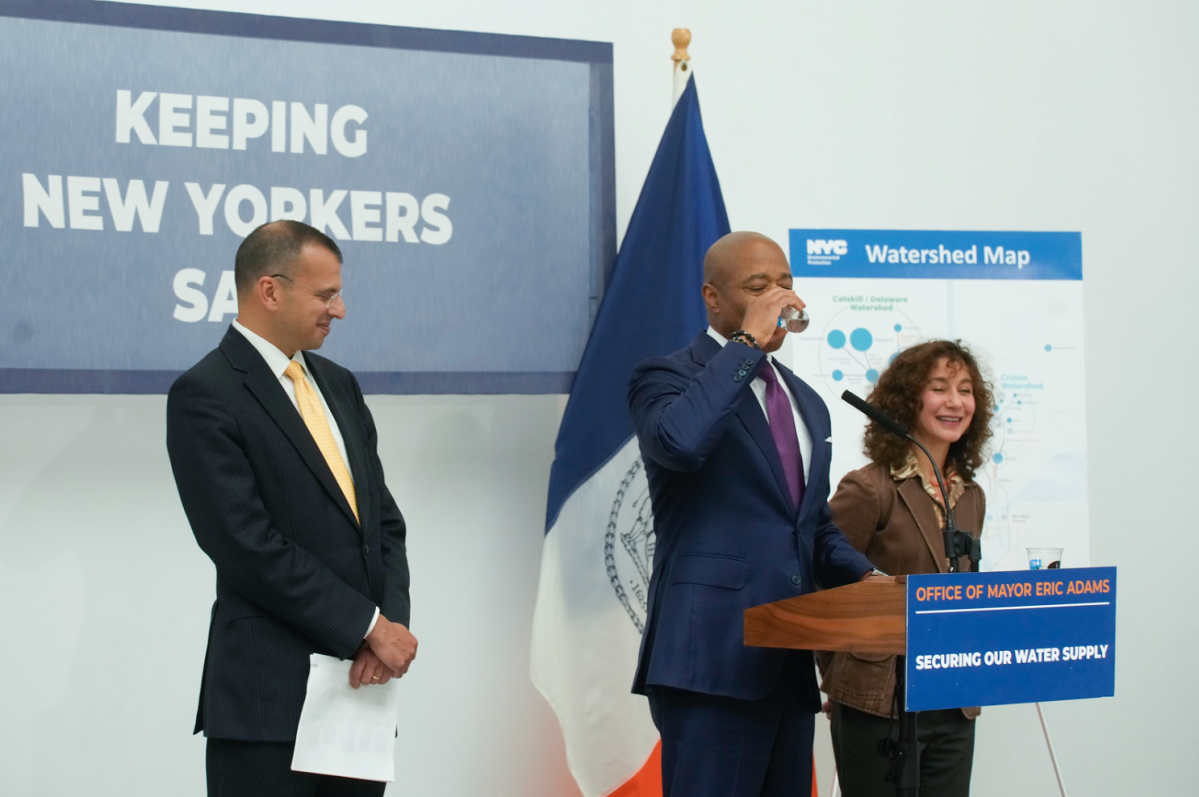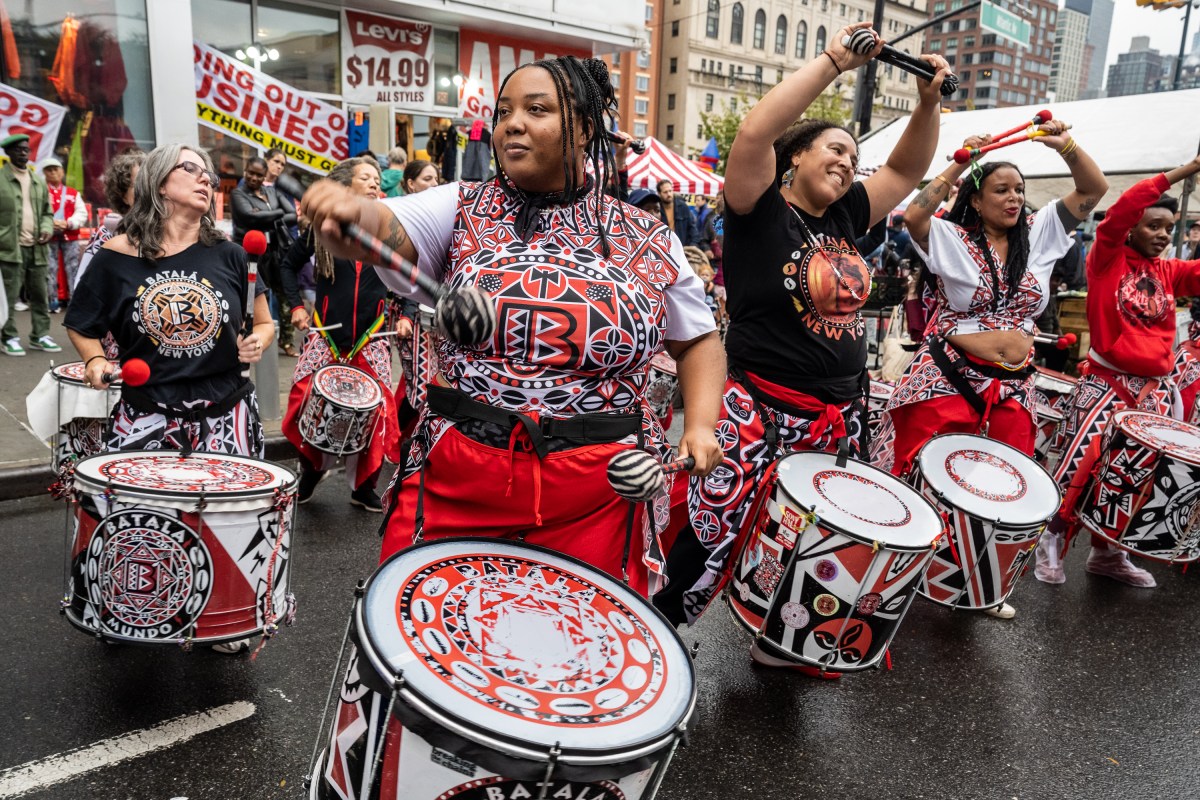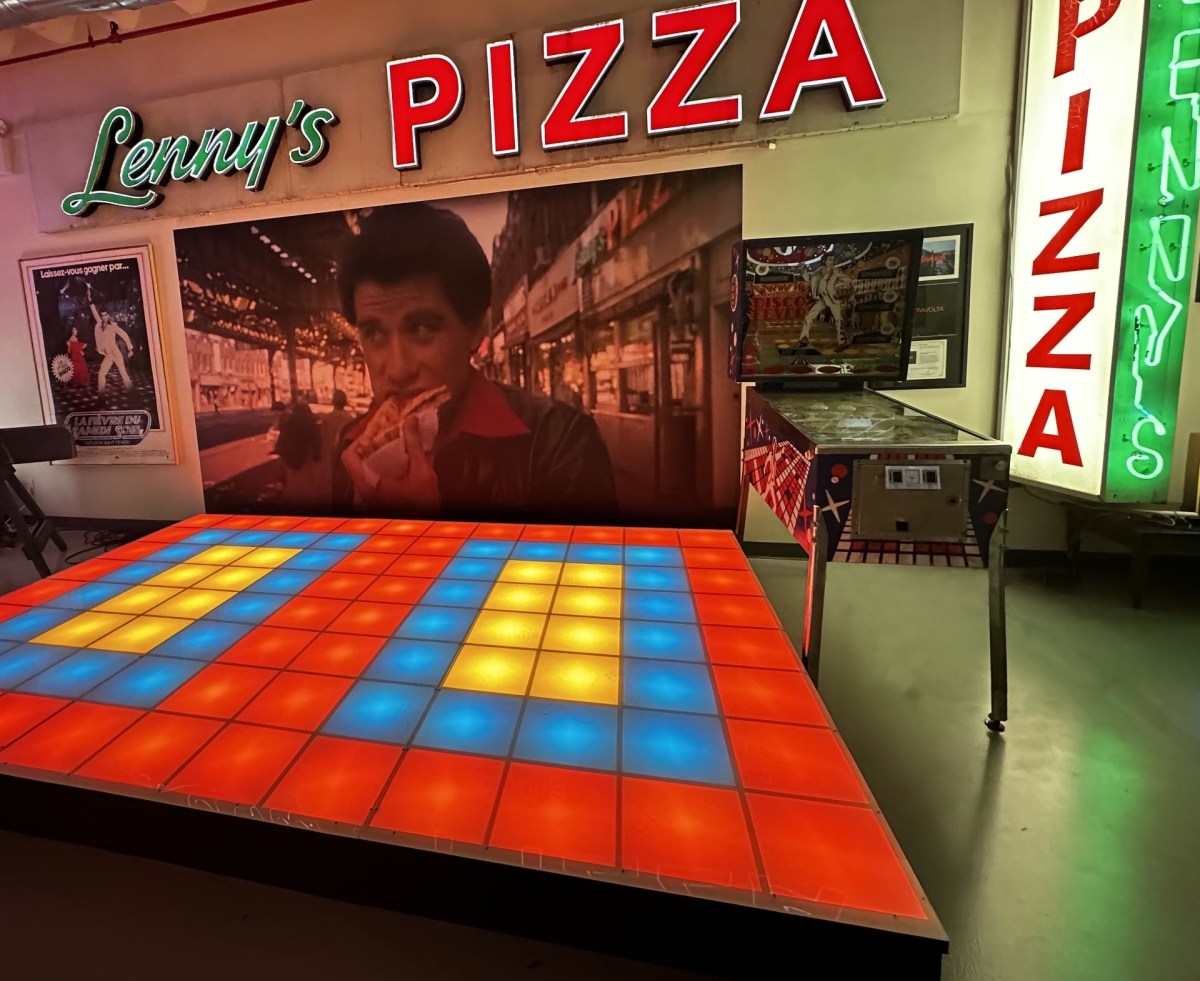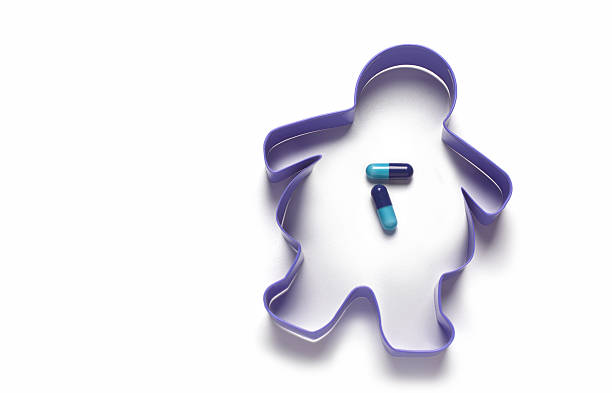When Limor “Ladyada” Fried founded Adafruit a decade ago, she was just a bored college student. While creating small electronics during what she described as “deep procrastination” on her MIT thesis, Fried never envisioned the multimillion-dollar Brooklyn-based business she would soon lead.
Fried started posting blogs and videos about her creations, from a personal mp3 player to engineering her own synthesizer, and viewers asked for build-kits to recreate the projects. She started working in a small warehouse in Queens to help people realize their passion for engineering and electronics, but the business soon outgrew it. She named her business Adafruit, inspired by her online moniker “Ladyada” — an homage to computer science pioneer Ada Lovelace.
“I was in between things, and I wanted freedom,” Fried said. “So I thought, ‘I’ll just try this. I’ll make more kits and see where it goes.’ There was no plan.”
Fried’s spontaneous decision has grown into a company that sells hundreds of products, ranging from circuit boards to robotics tools, designed to spark curiosity and excitement in creators of all ages. Adafruit’s lessons include projects like a touch-sensitive unicorn horn that changes colors, an LED-powered disco tie that adds a pop of brightness to any outfit, and illuminated flowers that never wilt. For Fried, engineering has always been about the magical moment when the pieces come together to create something worth treasuring.
“The first thing I built was a little handheld player, kind of like a Game Boy, but a DIY version,” she said. “And it only lasted for 45 minutes, but it worked. I was surprised, I was like, ‘Wow, I can’t believe that actually worked!’ I still have it in a box.”
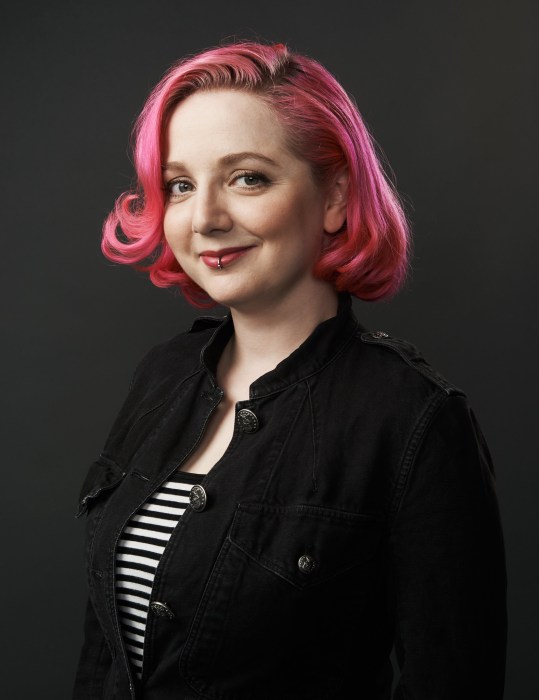
As Adafruit grew, Fried was forced to make several pivotal decisions. Despite not having formal business training, she chose to keep the company entirely bootstrapped, allowing her to maintain integrity for her customers. She also continues to manufacture solely in New York City, giving her flexibility over the designs she wants to create and freedom to try new ideas.
“The best thing about running your own business is you get to be your own boss,” said Fried, who recently debuted a new facility at Industry City. “If you want to design a product or work on something and you feel like it’s the right thing, you get to make that decision. And also, of course, you get to see the people who work for you flourish and move up in their careers.”
As a result of her leadership, Adafruit became one of the country’s top 20 manufacturing companies and the first in the city. Fried herself has been named a White House Champion of Change and was the first female engineer to be featured on the cover of WIRED Magazine.
“I think one of the best things about being like a woman owning a business is that you can take advantage of some people underestimating your ability, because when they underestimate you, they’re not paying attention to what you’re doing,” she said. “And so you can move faster because you don’t have as many eyes on you.”
Fried recalls that when engineering first gained popularity, it was difficult to enter the field due to the high cost of parts and limited access to knowledge. Today, with free software available online and companies like Adafruit offering affordable materials, the industry is thriving. With greater accessibility, people can take bigger risks on projects they know might fail, all for the sake of learning.
“If people think you’re gonna fail, then it’s like, cool, you have the freedom to succeed or fail — you win either way,” she said.









